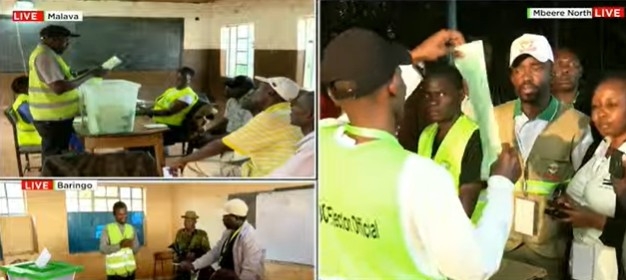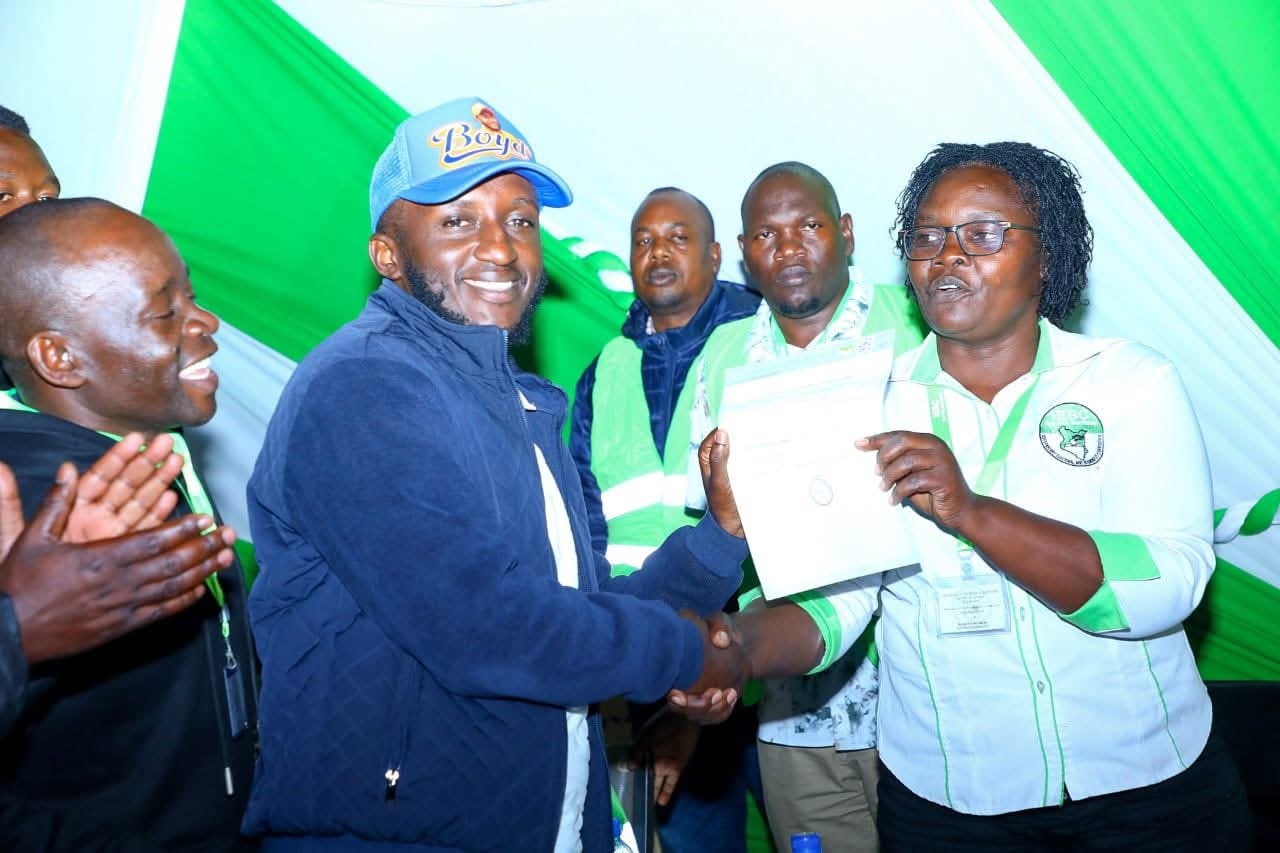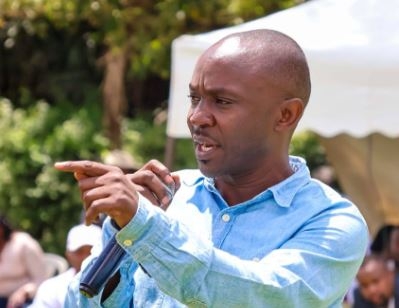Women in Agroecology lobby has urged African governments to prioritise agroecology and utilise indigenous knowledge to mitigate against climate change.
Rosinah Mbenya country coordinator of Participatory Ecological Land Use Management (PELUM) Association-Kenya said the government should direct new and accessible climate finance to sustainable climate actions that support the needs of people and local communities.
“The time is now for an appropriate and deliberate increase in financing for women to deliver sustainable food systems and adapt to climate change through agroecology,” she said.
Mbenya spoke during the African women in agroecology expo held at Makerere University in Kampala, Uganda on Friday.
The expo was held under the theme, Harvesting her Power: African Women Leading Agroecological Transformation.
She said agroecology encompasses a model of agriculture based on diversifying farms and farming landscapes and transitioning from chemical inputs to bio-inputs.
It also optimises biodiversity and stimulates interactions between different species, as part of holistic strategies to build long-term healthy and climate-resilient agroecosystems and secure livelihoods
In a declaration presented during the expo, the women urged African governments to utilise indigenous knowledge to design interventions that are locally driven and respond to national circumstances.
“Governments should recognise and adopt agroecology as a sustainable approach towards climate adaptation and mitigation," the declaration reads.
In addition to meaningfully engaging small-scale food producers and indigenous communities, including women and youth, in the COP28 negotiations and beyond as they manage landscapes across Africa."
Mbenya said academic and research institutions should actively engage with local communities and women in agroecology to conduct research that is context-specific and participatory.
“We demand a robust system of monitoring and accountability, ensuring that commitments to agroecology and gender equality, particularly the rights and well-being of women in agroecology, are met,” she said.
In 2018, the Food and Agriculture Organization of the United Nations (FAO) and other UN partners launched the Scaling up Agroecology Initiative to catalyse cooperation within the UN system.
The initiative aimed to accompany and support national agroecology transition processes through policy and technical capacity that build synergies between countries.
The initiative also develops, implements and continuously improves tools, instruments and documents for guiding national agroecological transitions.
The more than 200 participants from Kenya, Uganda and Zimbabwe noted that it is time for swift action to address Africa’s food security in the face of the climate crisis.
“As the continent with the highest population growth rate, rapid urbanization, and rising GDP in many countries, all of which are known to spur changes in food consumption patterns, Africa’s agricultural systems will need to become more resilient," the declaration reads.
"This will be essential to safeguard food and nutrition security, alleviate poverty and contribute to the achievement of the sustainable development goals (SDGs)."
















